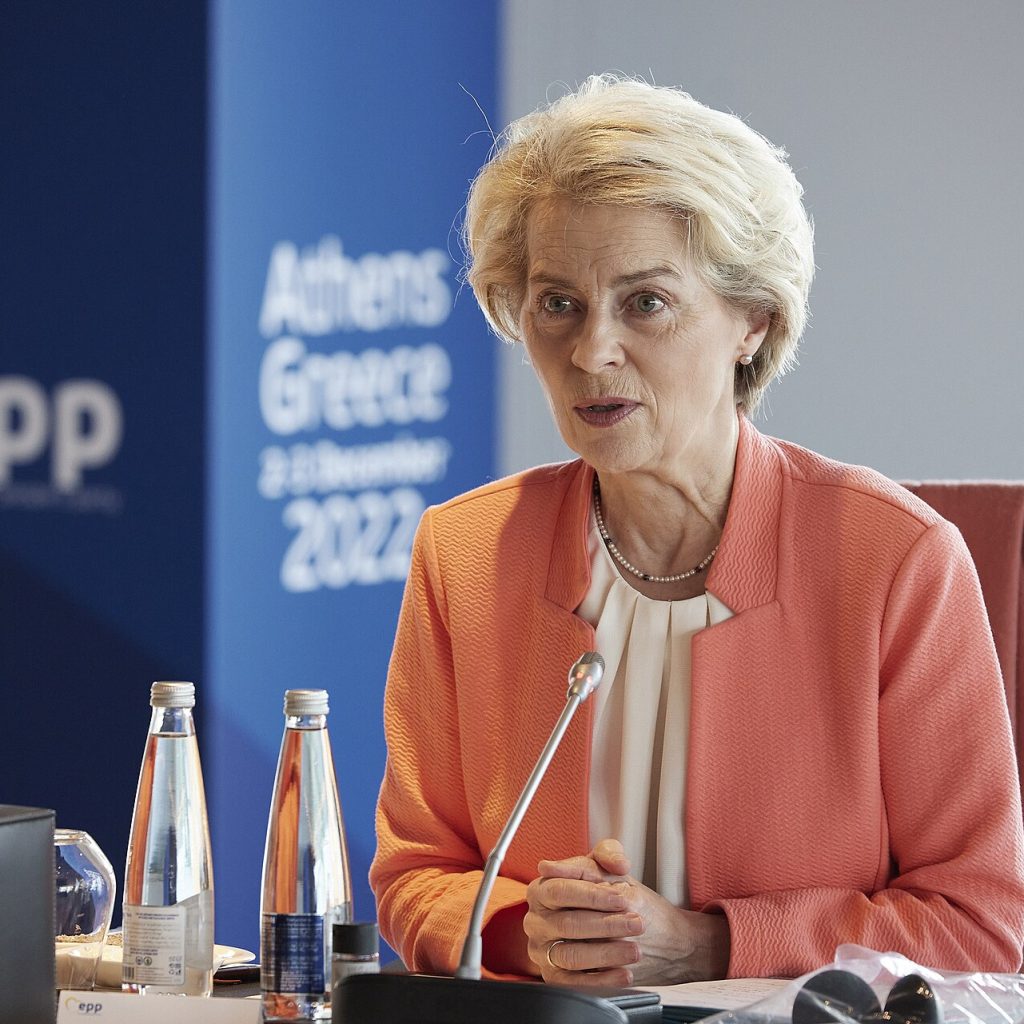The EU’s newly enforced anti-deforestation regulation, designed to curb imports tied to deforestation, has sparked global controversy and divided opinions within Europe. European Commission President Ursula von der Leyen is preparing to propose a solution to the impasse, as both international trading partners and EU politicians voice concerns over the rule’s impact. The regulation, which took effect in June 2023, targets the importation of products such as cocoa, coffee, soy, livestock, and palm oil that are sourced from deforested land. It requires companies to provide geolocation data as proof of compliance, a requirement that has been met with significant resistance.
International Backlash from Key Trading Partners
The EU’s attempt to export its deforestation standards globally has been met with strong opposition from several major trading partners. Brazil, Argentina, Malaysia, Indonesia, and others have expressed frustration over the new regulations, arguing that the EU’s measures overreach and disrupt established trade agreements. For example, Brazil has voiced strong discontent, particularly as the EU insisted on adding a sustainability annex to the Mercosur trade deal, which had already been agreed upon by South American nations. Brazil, along with Argentina, Uruguay, and Paraguay, sees this as an unnecessary complication to an already delicate trade relationship.
Last year, both Malaysia and Indonesia froze trade negotiations with the EU over the issue. Despite being praised by environmental NGOs such as Global Forest Watch for making significant strides in reducing forest loss, these countries have been unable to secure EU recognition of their sustainability standards as equivalent.
This is seen as especially unfair by Malaysia, where 93% of the palm oil imported into Europe is already certified as sustainable. The UK, on the contrary, has accepted Malaysia’s anti-deforestation standards as equivalent, but the EU has not.
Even the United States has called for a suspension of the regulation’s implementation, adding to the growing global resistance. The German government, which includes greens, have now also demanded a delay, further complicating the EU’s internal discussions on enforcement.
Von der Leyen to propose solution on EU anti-deforestation rules, according to EPP agriculture chief https://t.co/T2tWpKMbn5
— Euractiv (@Euractiv) September 20, 2024
EUDR as a “bureaucratic monster”, German CDU MEP warns
The regulation has also faced increasing pushback within Europe. German CDU MEP Peter Liese called the deforestation rules a “bureaucratic monster,” warning that the legislation could disrupt trade in essential consumer goods and jeopardize the EU’s animal feed supply. With Germany now advocating for at least a postponement of the regulations, the pressure on von der Leyen to reconsider the enforcement timeline is mounting.
Herbert Dorfmann, the European People’s Party (EPP) Spokesperson for Agriculture, confirmed that von der Leyen is exploring options for a temporary solution. “The president met with the EPP group and said she would propose either a postponement or another temporary solution within days,” Dorfmann said. He added that reopening and revising the regulation could be necessary, as the current enforcement timeline seems untenable.
Political Divisions Within the EU Parliament
Despite these calls for delay, not all political groups within the EU Parliament agree. The Socialists and Greens/EFA factions have argued for maintaining the current schedule, expressing concerns that any postponement would weaken the EU’s environmental leadership. Renew Europe MEP Pascal Canfin warned that delaying the regulation could open “a Pandora’s box” that undermines the EU’s broader Green Deal initiatives. Canfin went as far as to call a potential delay “devastating” for the EU’s global credibility on environmental issues.
The divide within the EU comes at a critical moment for businesses, which are still awaiting the release of key guidelines and FAQs that are necessary to finalize their compliance strategies. These documents, originally promised for March 2024, have yet to be published, adding to the uncertainty surrounding the regulation’s implementation.
As von der Leyen considers her options, she faces a difficult balancing act. One possible solution is to delay the compliance deadline, currently set for December 2024 for most businesses and June 2025 for smaller enterprises. However, this would require navigating the lengthy legislative process, with approval needed from both the European Parliament and the Council of the EU. Such negotiations could take months or even years. Alternatively, von der Leyen could seek a fast-track option, bypassing the usual committee approvals and sending the proposal directly to a parliamentary vote. This approach was used earlier to modify Common Agricultural Policy (CAP) requirements for farmers and could serve as a model for adjusting the deforestation regulation.
All this talk of delaying the deforestation regulation and yet a delay won’t solve the hornet’s nest that is the benchmarking system, where the EC gets to assign risk categories to entire countries. That needs to happen before the law is applied. And could create massive issues
— Rob Francis (@RobFrancisEU) September 25, 2024
Copyright picture: By European People’s Party – EPP Athens, 2-3 December, 2022, CC BY 2.0, https://commons.wikimedia.org/w/index.php?curid=126278869

